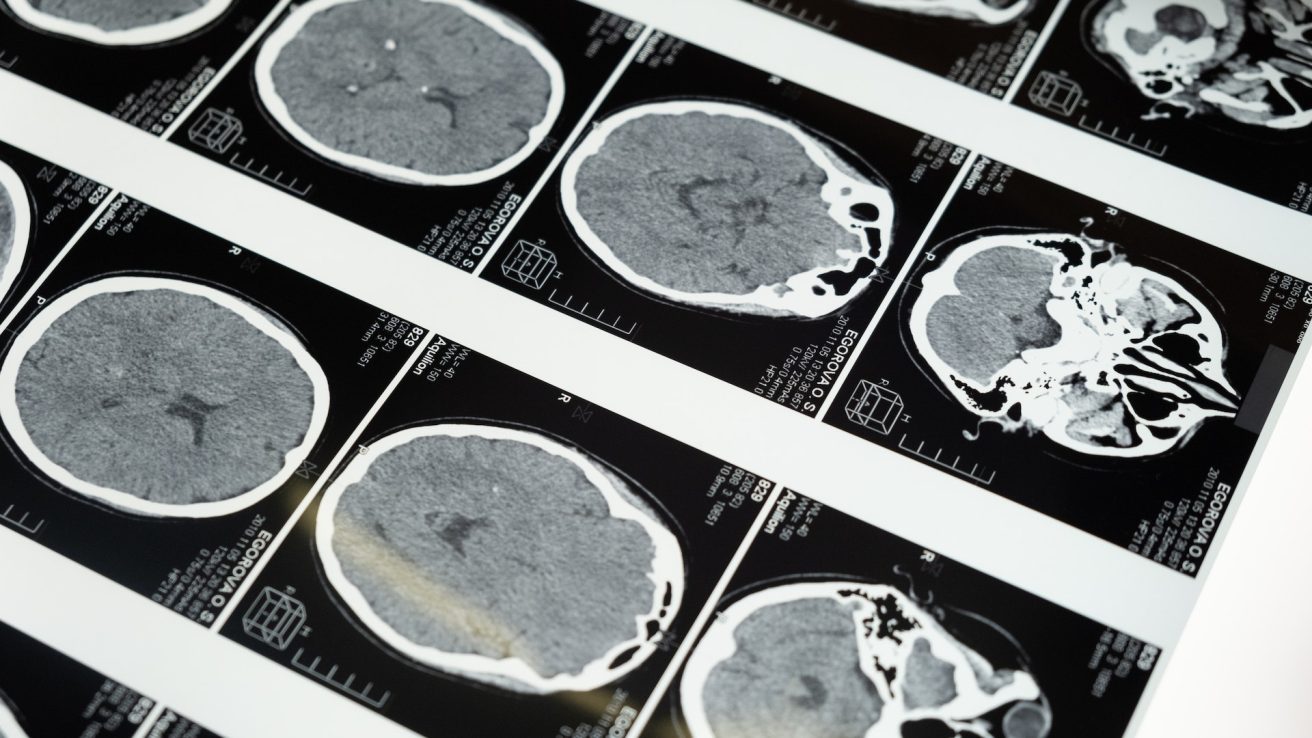Relapsing multiple sclerosis patients treated with ocrelizumab show similar brain volume loss rates to healthy controls.
Inflammation and neurodegeneration are the characteristic features of multiple sclerosis (MS). Disease-modifying therapies classically used to treat inflammation have also been shown to be beneficial in slowing the rate of brain volume loss (BVL) due to neurodegeneration.
Ocrelizumab, a monoclonal antibody, has demonstrated promising results in suppressing inflammation and reducing BVL. A study published in the Multiple Sclerosis Journal has compared the global and regional BVL rates between ocrelizumab-treated relapsing multiple sclerosis (RMS) patients and healthy controls.
Study Population
The study consisted of 44 age- and sex-matched healthy controls (HC) and 59 patients with RMS treated with ocrelizumab. The subjects were followed-up for two years. Images from both groups were acquired using the same MRI protocols.
Volume Loss Rates Between Ocrelizumab-Treated RMS Patients and Controls
No significant differences were observed in the volume loss rates between HCs and RMS patients at the peak efficacy of ocrelizumab. BVL rates were similar between the two groups generally across the whole brain, specifically in the cortical gray matter, white matter, thalamus, and cerebellum. Moreover, annualized percentage changes in volumes were similar between both groups. However, in the double-blind phase, when HCs were compared to interferon-treated patients, significant differences in volume loss rates were observed, validating the method’s sensitivity.
The Appearance of New Lesions
In this study, no new lesions appeared with ocrelizumab treatment, eliminating these as a contributing factor to volume loss over time.
Limitations of the Study
The main limitations were the low number of HCs and the duration of follow-up. A more accurate estimation of volume loss rates could be obtained with a higher number of HCs and a longer follow-up.
This study showed that ocrelizumab-treated RMS patients had global and regional brain volume loss rates approaching those of healthy subjects, highlighting the role of ocrelizumab in reducing brain volume loss along with inflammation.
Source
Kolind, S., Gaetano, L., Assemlal, H., Bernasconi, C., Bonati, U., Elliott, C., Hagenbuch, N., Magon, S., Arnold, D. L., & Traboulsee, A. (2023). Ocrelizumab-treated patients with relapsing multiple sclerosis show volume loss rates similar to healthy aging. Multiple Sclerosis Journal, 29(6), 741–747. https://doi.org/10.1177/13524585231162586










